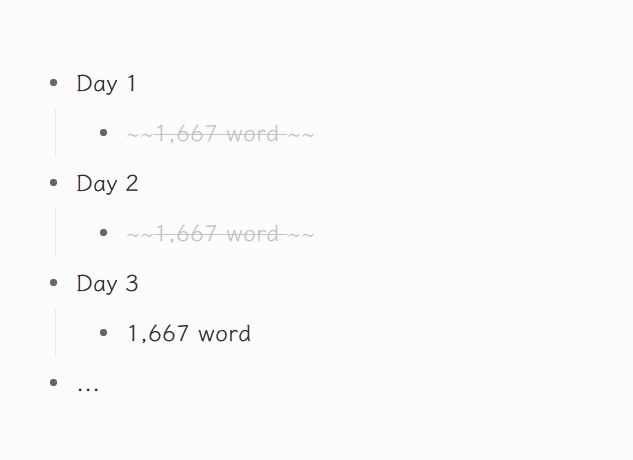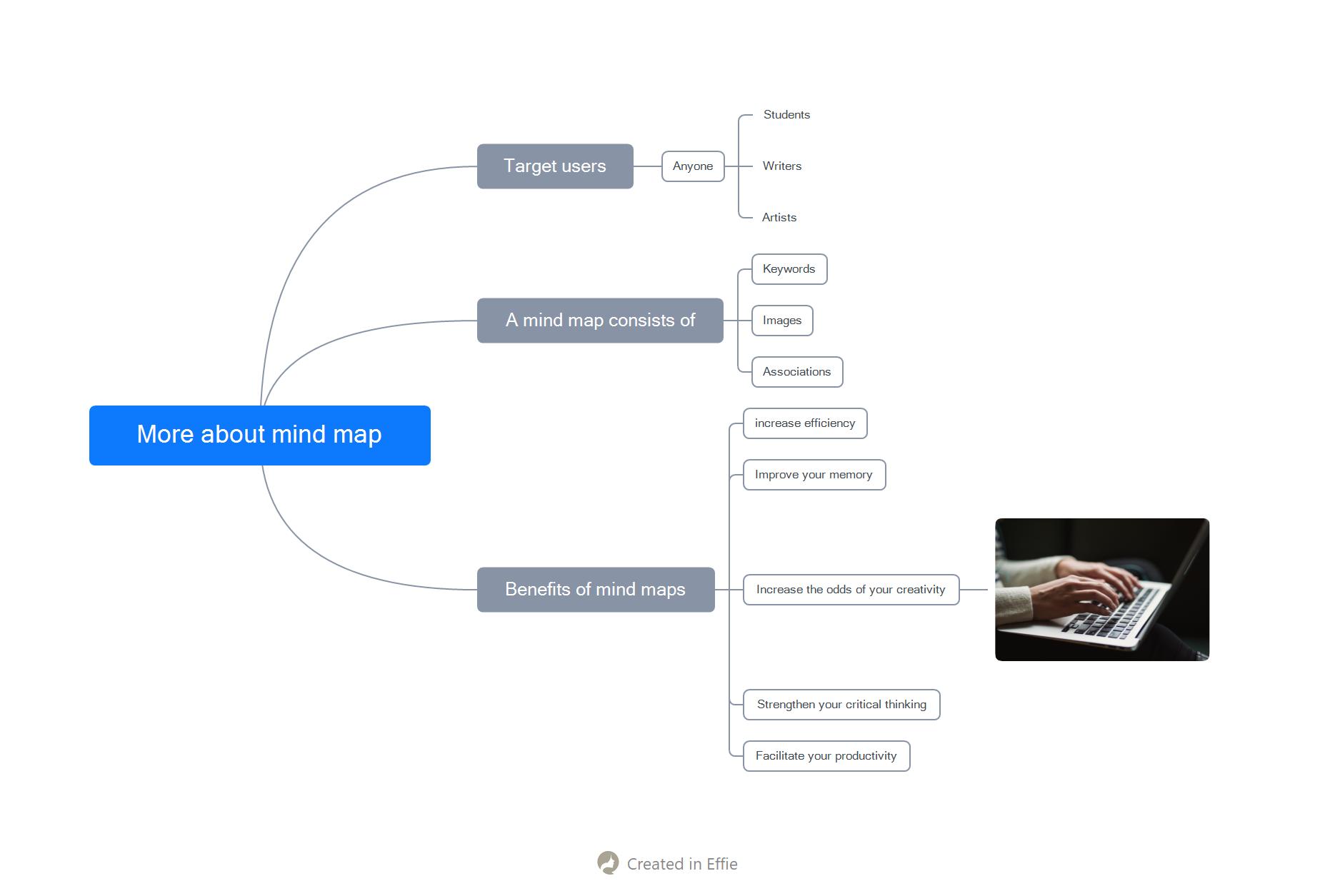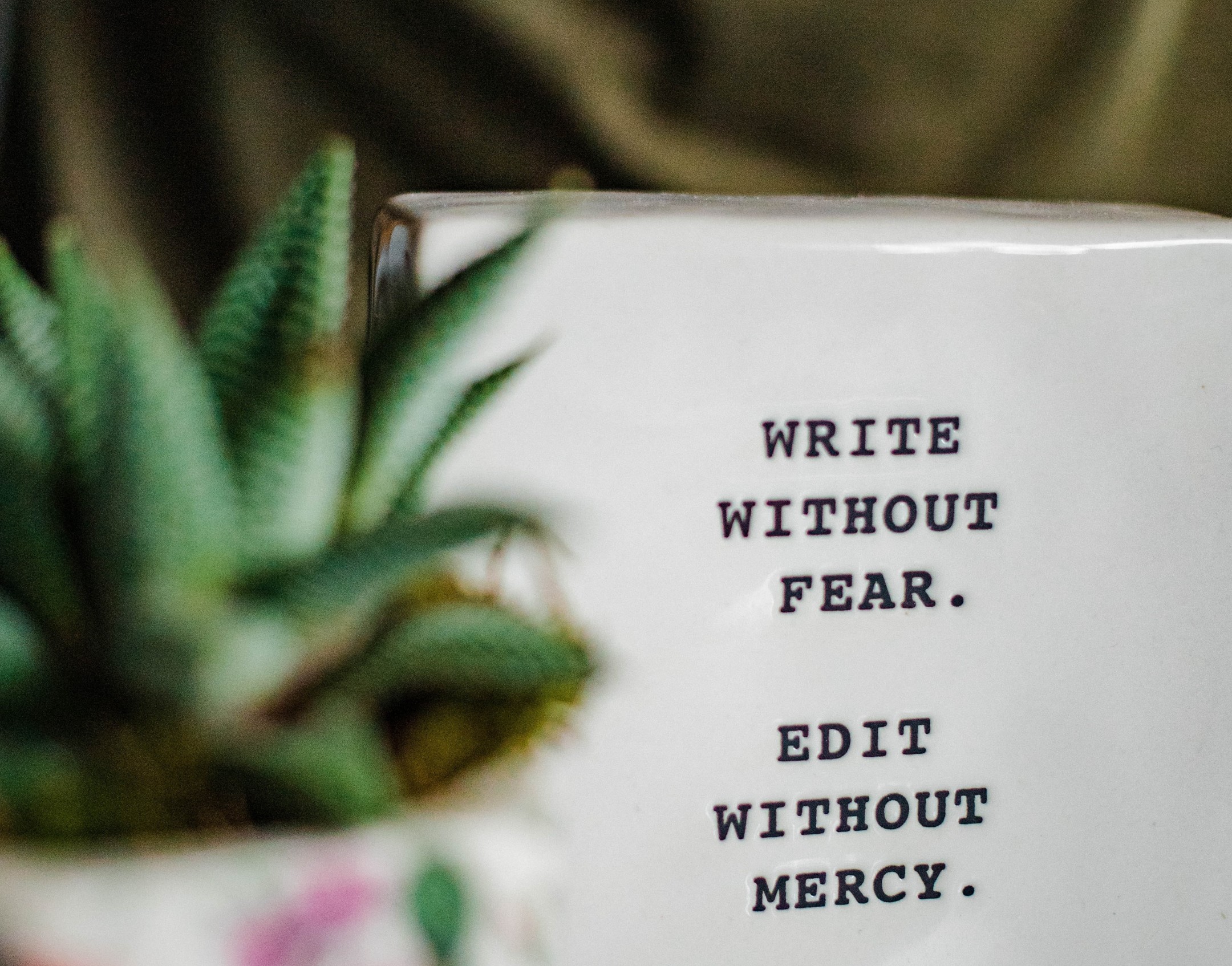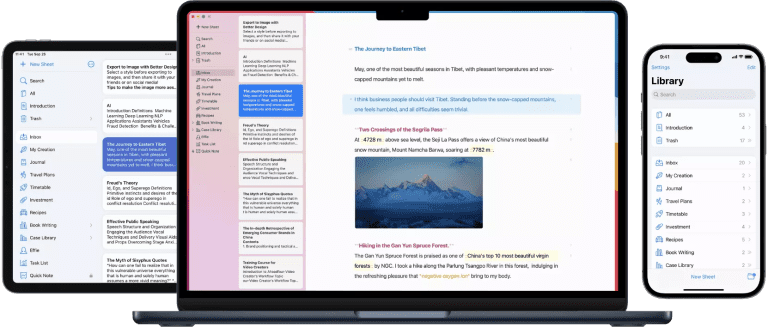6 Effective Tips on Improving your Writing Skills Drastically
“Writing is an exploration. You start from nothing and learn as you go.” —— E.L. Doctorow
If you’ve ever participated in NaNoWriMo, you’ll instantly know how stressful it can be to finish writing a 50,000-word novel or any genre of writing that ultimately reaches the 50,000-word count within a month.
If you’re new to this, NaNoWriMo is short for (Na)tional (No)vel (Wri)ting (Mo)nth. It’s a writing marathon held every November that not only helps novelists to level up their writing skills, but also anyone who intends to write better.
It’s a great chance for anyone who gets to sit down and starts putting their thoughts into words. When you practice your writing skills as regularly as you do physical exercises, you’ll eventually become better at writing.
The idea is to encourage yourself to enhance your writing skills with tiny, yet continuous progress.
If you always wanted to write but don’t know where to get started, here are 6 useful tips that encourage you to write and enhance your writing skills along the way to becoming a productive writer.
1. Set an actionable daily writing goal
Everyone who takes part in the NaNoWriMo needs to set a writing goal right from the start, which is to write 50,000 words within 30 days (1,667 words per day).
It might sound too challenging for some people, especially for beginners, but the idea is to keep track of your progress and motivate you to write every single day.

To make the daily writing plan more actionable to start with, you don’t necessarily have to set the same goal if you know you’re not going to make it.
Pick a goal that gives you just the right amount of stress, yet drives you to move forward in the long run. If 1,000 words a day seems too hard, just start with 500 words or even less.
If you write at this pace, you’ll end up having 15,000 words within a month. How exciting is that!
2. Read here and there
Books offer infinite information in all areas, a great source for writing. You can always refer to books and articles to explore the world and further your understanding and writing.
Don’t limit yourself to only reading what you’re interested in. It can be a good start, of course. But also take a look at other areas so that you’ll learn to perceive things from multiple angles.

Also, reading great works helps to improve your writing skills in the long run. The more you’ve read, the more likely you’ll set higher and more specific standards for your own work as you know what makes good work.
When you write, you’ll have more control over the words you choose. When you begin to polish your writing this way, you’re taking a step further in writing better works.
3. Outline your thoughts
It’s quite important to outline your random ideas during any stage of our writing.
Before you start writing, making a mind map helps you organize your mind from chaos, and figure out your main focus for your upcoming work.

When you get stuck on your current work, a mind map works to trigger more inspiration as it gets both your left and right brains to work at the same time. It’ll be more helpful if you also apply different colors and images to your mind map.
As you keep writing, if you feel like writing in a different direction away from your original outline, that’s totally fine. You can always change your mind map for the better while writing.
4. Enjoy re-writing
Re-writing is much more fun and critical than writing the first draft.
When you have finished a work, just leave it like that for a couple of days. Then re-read it someday, and you’ll instantly figure out what’s wrong or what’s been missing in your first draft.
This is mainly because your focus has shifted from simply writing down whatever you have in mind to presenting your ideas with more accuracy and logic.

Re-writing also reduces the pressure to be perfect while writing your first draft. The truth is, it’s unnecessary to hold yourself back with perfection with your primary work as you can always make it better with re-writing.
5. Join a writing group
A friend who shares the same habit will become one of your largest motivations to stay committed to your goal, especially when that person is the one you respect or have more experience than you do in writing.
If that friend sticks to a long-term writing plan themselves, they could be good examples for you. They’re more likely to know how to form a regular writing habit, what problems you might encounter, and what solution is easy and effective to apply.

A writing group also offers a great opportunity to share your work with others. If you want to improve your writing, it’s also critical to find yourself some beta readers who can give genuine advice on what improvements ought to be made in your work.
In most cases, seldom can you make an objective judgment on your work by yourself, either you like it too much, or all you can see are drawbacks.
A beta reader, however, is less likely to have such bias as you do, hence, more likely to make rather objective comments.
6. Keep your writing tools with you
When is the last time that you came across a great idea but couldn’t find a way to keep it down? In most cases, it only takes a few seconds for a great idea to slip away.
What a pity to let go of your inspiration just like that.
Effie, as a powerful mind mapping and writing software, helps you to capture your ideas before they disappear. All it takes is to open Effie, and you can start writing.

On the one hand, writing down ensures the accuracy of information. On the other hand, Effie allows you to connect your previous thoughts with its built-in mind maps. And BANG! A new idea is born.
So whenever a thought comes across your mind, just open Effie with your phone or any device at hand, and type out. Quite often, these thoughts later turn out to be amazing writing materials.
Continuous improvement in writing skills can be as effective as doing physical exercises regularly. The more you write, the more likely you can write well.
If you always want to have a try, why not start with the NaNoWriMo this November for starters, or start your own version of NaNoWriMo any time you feel like writing?








